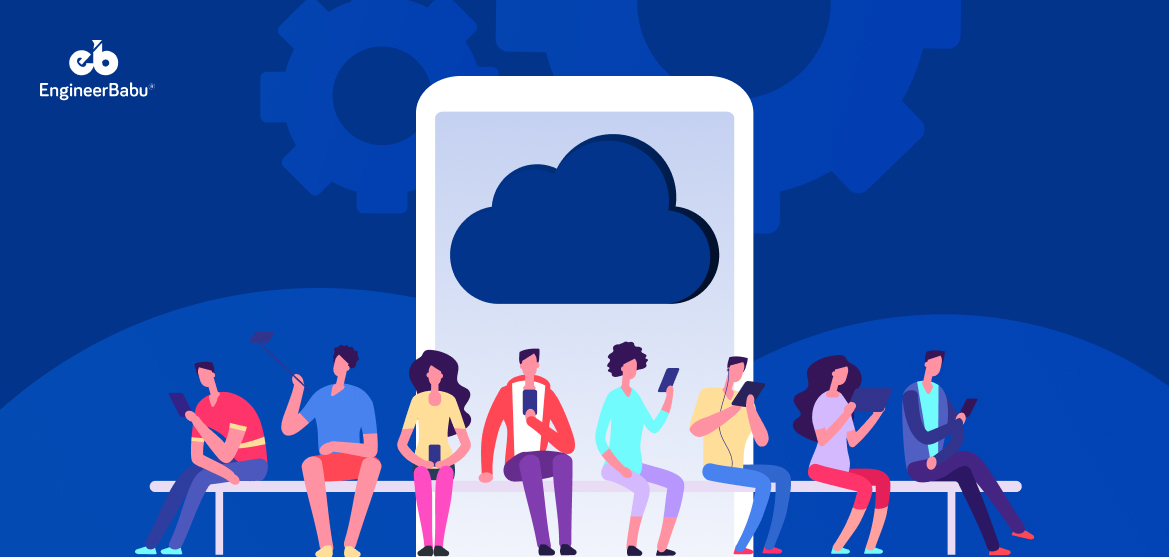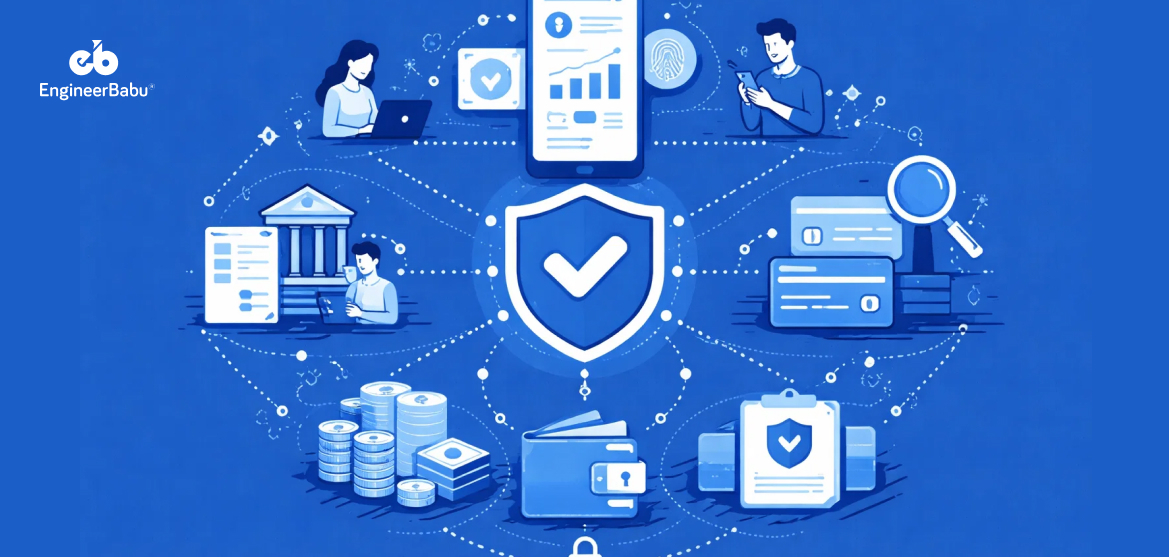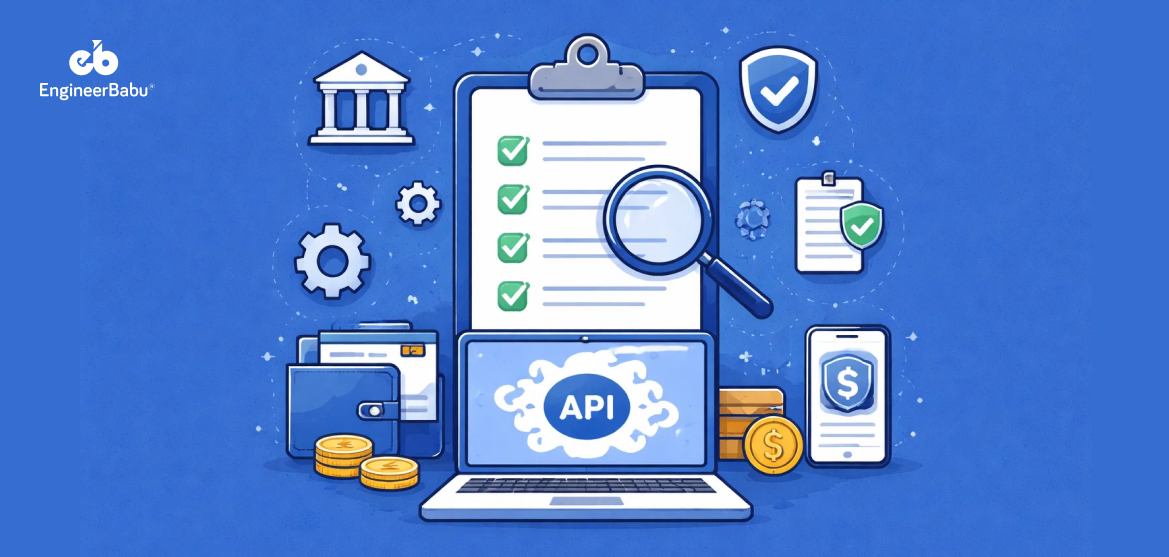Every mobile app starts small, but what happens when users grow from thousands to millions? Without a scalable infrastructure, apps slow down, crash, or become completely unusable, leading to frustrated users and lost revenue.
The Real Cost of Poor Scalability:
- A 1-second delay in app response time can reduce conversions by 7% (Google).
- 78% of users uninstall an app if it crashes or freezes too often (TechCrunch).
- High traffic surges during sales events or viral trends can take down apps unprepared for scaling.
Many companies rely on traditional server-based infrastructure, which struggles to handle sudden user spikes. On-premise servers require businesses to predict demand in advance, leading to either overpaying for unused capacity or facing downtime due to under-preparedness.
This is where cloud computing becomes a game-changer. By shifting to a cloud-based mobile app infrastructure, businesses can dynamically scale resources up or down, ensuring apps stay fast, responsive, and available even under high demand.
What This Blog Covers:
✔ Why most mobile apps struggle with scalability.
✔ How cloud computing ensures seamless scaling.
✔ Best cloud solutions and strategies for app scalability.
✔ Real-world case study: How a cloud-based app scaled from 10K to 1M users.
Let’s explore how cloud computing eliminates app scalability challenges and future-proofs mobile applications.
Why Most Mobile Apps Struggle with Scalability
Scaling a mobile app sounds simple—just add more servers, right? Not quite. Many apps fail to scale properly because of poor infrastructure planning, limited computing resources, and unpredictable user growth. Businesses often underestimate the challenges of increasing traffic, processing real-time data, and maintaining seamless performance.
The Top Reasons Apps Struggle with Scalability
Rigid On-Premise Infrastructure
Most traditional apps rely on fixed-capacity servers, meaning they can’t scale resources up or down based on demand. The app crashes or slows down if traffic spikes suddenly (e.g., during Black Friday or a viral moment).
Lack of Load Balancing
Without a proper load distribution strategy, apps overload a single server, leading to delays, crashes, and server failures. This is especially problematic for apps requiring real-time data processing, such as gaming or video streaming.
Database Bottlenecks
When an app grows, so does its data volume. Many apps rely on poorly optimized databases that slow down as queries increase, resulting in slow response times and broken features.
Unpredictable Traffic Surges
Many businesses fail to anticipate traffic spikes—whether from a successful marketing campaign, a trending feature, or seasonal demand. If the infrastructure isn’t prepared, the app becomes unstable or crashes.
High Server Maintenance Costs
Managing physical servers is expensive and inefficient. Companies either overpay for unused capacity or struggle with downtime when demand exceeds their capacity. This financial burden slows down growth and scalability.
Cloud computing eliminates these challenges by providing on-demand resources, auto-scaling, and cost-efficient infrastructure, ensuring apps can handle millions of users seamlessly.
Also Read: Top 10 Mobile App Development Companies in New York
How Cloud Computing Enables Scalability
Cloud computing has transformed mobile app scalability by removing traditional infrastructure limitations. Instead of relying on fixed servers with limited capacity, cloud-based mobile apps can dynamically adjust computing resources in real-time to handle growing user demand, preventing crashes and slowdowns.
The Key Ways Cloud Computing Enables Seamless Scaling
On-Demand Resource Allocation
Traditional apps struggle with traffic surges because they have fixed server capacity. Cloud computing auto-scales resources up or down based on demand, ensuring consistent performance without overpaying for unused infrastructure.
Load Balancing for High Traffic Apps
Cloud platforms distribute traffic across multiple servers instead of overloading one. This prevents server crashes and ensures a smooth user experience even during peak times.
Elastic Scaling: Horizontal vs. Vertical Scaling
- Horizontal Scaling (Scaling Out) – Adds more servers when demand increases.
- Vertical Scaling (Scaling Up) – Increases power (RAM, CPU) of existing servers.
- Cloud-based apps use both methods to ensure uninterrupted service, even with millions of users.
Database Scaling & Cloud Storage:
Cloud databases handle large-scale data requests efficiently, ensuring fast retrieval times and optimized performance. NoSQL databases like MongoDB and Firebase are designed for highly scalable applications.
Global Distribution & Low Latency
Cloud providers have multiple data centers worldwide, ensuring that users experience fast load times regardless of location. This improves user experience and app responsiveness.
With cloud computing reducing downtime by 90% and improving app performance by 50%, businesses that adopt cloud-based scalability gain a major competitive advantage.
Benefits of Cloud-Based Mobile App Scalability
Cloud computing doesn’t just enable scalability—it makes scaling cost-effective, efficient, and future-proof. Businesses that adopt cloud-based mobile app scalability enjoy better performance, reduced costs, and higher user retention.
Key Benefits of Cloud-Based Scalability
Cost Efficiency – Pay for What You Use
Traditional infrastructure requires upfront investments in hardware and maintenance. Cloud computing operates on a pay-as-you-go model, ensuring businesses only pay for the resources they use while avoiding wasted capacity.
Global Accessibility – Faster Performance for Users Everywhere
With cloud servers distributed worldwide, mobile apps load faster regardless of location. This reduces latency and improves user experience for global audiences.
High Availability & Redundancy – Zero Downtime
Cloud providers ensure 99.99% uptime by using multiple backup servers. If one server fails, traffic is instantly redirected, preventing outages and app downtime.
Performance Optimization – Handling Millions of Users Seamlessly
By offloading heavy computing tasks to the cloud, apps process data faster, reduce load times, and improve responsiveness.
Security & Compliance – Built-in Protection
Leading cloud providers offer AI-powered threat detection, encryption, and compliance with global security standards like GDPR, HIPAA, and ISO 27001. This ensures data protection while scaling seamlessly.
With cloud-based scalability improving app performance by 50% and reducing infrastructure costs by 40%, businesses that fail to integrate cloud computing risk falling behind in speed, security, and efficiency.
Best Practices for Implementing Cloud-Based Scalability
Scaling a mobile app with cloud computing isn’t just about choosing the right provider—it requires smart implementation strategies to ensure seamless performance, cost efficiency, and security. Here’s how businesses can leverage cloud computing effectively for app scalability.
Key Best Practices for Scalable Cloud-Based Apps
Choose the Right Cloud Architecture
- Serverless Architecture – Ideal for apps with fluctuating traffic; scales automatically without manual intervention (e.g., AWS Lambda, Google Cloud Functions).
- Microservices-Based Design – Breaks apps into smaller, independent services that scale individually (e.g., Kubernetes).
- Containerization with Docker & Kubernetes – Ensures fast, lightweight, and scalable deployment.
- Use Content Delivery Networks (CDNs) for Faster Performance
Cloud-based CDNs like Cloudflare and AWS CloudFront distribute app content globally, reducing latency and improving load times.
Implement Auto-Scaling & Load Balancing
- Cloud auto-scaling dynamically adjusts computing power based on user demand, preventing server overload.
- Load balancers distribute incoming traffic across multiple servers, ensuring high availability.
Optimize Database Performance
- Use NoSQL databases (MongoDB, Firebase, DynamoDB) for faster data retrieval in high-traffic applications.
- Implement caching mechanisms (Redis, Memcached) to reduce database load.
Ensure Security & Compliance
- Use cloud-based encryption for data protection.
- Implement multi-factor authentication (MFA) and AI-powered threat detection.
- Ensure compliance with GDPR, HIPAA, and industry regulations.
Monitor & Optimize Cloud Resources
- Set up real-time monitoring with tools like AWS CloudWatch or Google Cloud Monitoring to track performance.
- Optimize cost efficiency by identifying unused cloud resources and automating shutdowns when not needed.
By following these best practices, businesses can build scalable, high-performance cloud-based mobile apps that handle millions of users seamlessly while keeping costs under control.
How EngineerBabu Helped a Mobile App Scale from 10K to 1M Users
Scaling a mobile app requires the right cloud strategy, architecture, and cost optimization. At EngineerBabu, we specialize in building high-performance, scalable mobile apps using AWS, Google Cloud, and Azure.
The Challenge: A Fitness App Struggled to Scale
A fitness app with 10K users faced slow load times, frequent crashes, and rising infrastructure costs as traffic surged.
❌ Traffic spikes caused downtime and high latency for global users.
❌ Poor database performance led to slow app responses.
❌ High server costs with limited scalability.
The EngineerBabu Solution: Cloud-Based Scalability
We migrated the app to AWS, implementing:
✔ Auto-Scaling & Load Balancing – Ensured zero downtime during traffic surges.
✔ Optimized Databases & Caching – Improved query speed by 40%.
✔ CDN Integration – Reduced global load times by 60%.
✔ Serverless Computing – Handled real-time AI-driven features without bottlenecks.
The Results After 12 Months
📌 Scalability: Grew from 10K to 1M+ users without crashes.
📌 Performance: 50% faster load times, improving retention.
📌 Cost Efficiency: Cloud-based auto-scaling cut costs by 35%.
EngineerBabu: Your Cloud Scalability Partner
✔ Expert Cloud Integration – AWS, Google Cloud, and Azure.
✔ Cost-Optimized Scaling – Pay only for what you use.
✔ Security & Compliance – GDPR, HIPAA, and ISO 27001-ready.
✔ Proven Results – Helping businesses scale seamlessly.
Need to scale your mobile app? Let’s talk.
Get a Free Consultation with EngineerBabu




